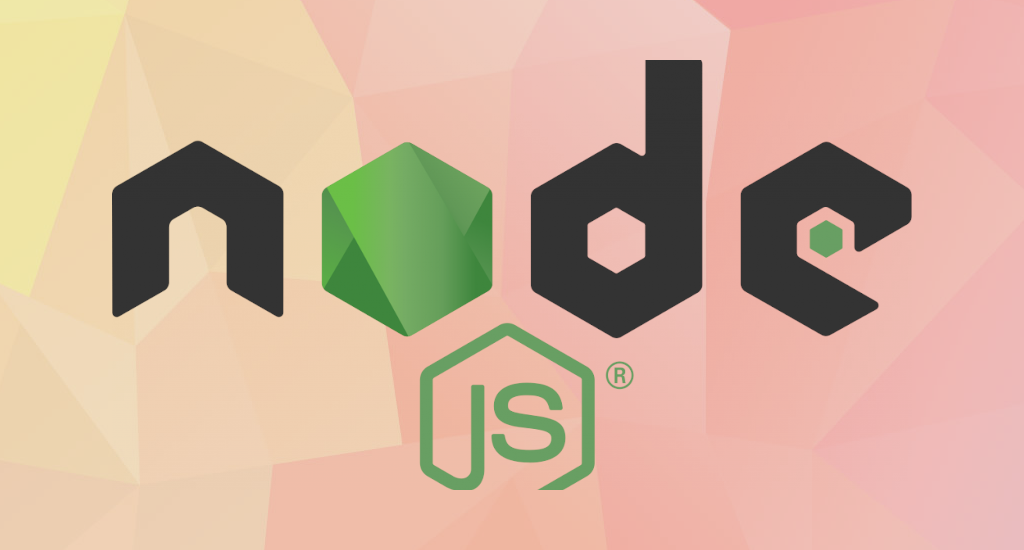Last Updated on
Install Node.js As A Snap On Ubuntu/Debian/Linux Mint
Install node on your Linux distribution Choose your Linux distribution to get detailed installation instructions. If yours is not shown, get more details on the installing snapd documentation. Solution 1: Install Node.js from repositories in Linux Mint Step 1.1: Update packages and install Node.js. It's a good practice before any installation from the repositories to update the packages. This can be done by: sudo apt update Then you can install latest available Node.js by next command: sudo apt install nodejs You will need to enter.
Node.js is available as a snap pacakge in various snap feature supported linux operating system like Ubuntu, Debian, OpenSuSE, Solus, Gentoo Linux and Linux Mint, Fedora, Arch Linux.
Short excerpt from the official blog:
NodeSource already actively maintains a wildly popular comprehensive set of Linux packages for most modern Linux distributions, across all actively supported versions of Node.js. By extending our build system to include Snaps, we are able to deliver Node.js fresh to your Linux systems within hours (or minutes!) of their formal release by the Node.js project in many convenient forms.
In this tutorial post we will show you simple way to install node.js as a snap on above mentioned operating system.
How To Install Node.js As A Snap On Ubuntu
You need to run the following command first to install:
sudo snap install node --classic --channel=8/stable
Use the below command to change the channel.
sudo snap install node --classic --channel=edge
and now use this command below to install the bleeding-edge version.
sudo snap install node --classic --channel=edge
Note: The packages on this page are maintained and supported by their respective packagers, not the Node.js core team. Please report any issues you encounter to the package maintainer. If it turns out your issue is a bug in Node.js itself, the maintainer will report the issue upstream.
Android
Android support is still experimental in Node.js, so precompiled binaries are not yet provided by Node.js developers.
However, there are some third-party solutions. For example, Termux community provides terminal emulator and Linux environment for Android, as well as own package manager and extensive collection of many precompiled applications. This command in Termux app will install the last available Node.js version:
Currently, Termux Node.js binaries are linked against system-icu (depending on libicu package).
Arch Linux
Node.js and npm packages are available in the Community Repository.
CentOS, Fedora and Red Hat Enterprise Linux
Node.js is available as a module called nodejs in CentOS/RHEL 8 and Fedora.
where <stream> corresponds to the major version of Node.js.To see a list of available streams:
For example, to install Node.js 12:
For CentOS/RHEL 7 Node.js is available via Software Collections.
Alternatives
These resources provide packages compatible with CentOS, Fedora, and RHEL.
- Node.js snaps maintained and supported at https://github.com/nodejs/snap
- Node.js binary distributions maintained and supported by NodeSource
Debian and Ubuntu based Linux distributions
Node.js binary distributions are available from NodeSource.
Alternatives
Packages compatible with Debian and Ubuntu based Linux distributions are available via Node.js snaps.
FreeBSD
The most recent release of Node.js is available via the www/node port.
Install a binary package via pkg:
Or compile it on your own using ports:
Gentoo

Node.js is available in the portage tree.
IBM i
LTS versions of Node.js are available from IBM, and are available via the 'yum' package manager. The package name is nodejs followed by the major version number (for instance, nodejs12, nodejs14 etc)
To install Node.js 14.x from the command line, run the following as a user with *ALLOBJ special authority:
Node.js can also be installed with the IBM i Access Client Solutions product. See this support document for more details
macOS
Download the macOS Installer directly from the nodejs.org web site.
If you want to download the package with bash:
Alternatives
Using Homebrew:
Using MacPorts:
Using pkgsrc:
Install the binary package:
Or build manually from pkgsrc:
NetBSD
Node.js is available in the pkgsrc tree:
Or install a binary package (if available for your platform) using pkgin:
Nodenv
nodenv is a lightweight node version manager, similar to nvm. It's simple and predictable. A rich plugin ecosystem lets you tailor it to suit your needs. Use nodenv to pick a Node version for your application and guarantee that your development environment matches production.
Nodenv installation instructions are maintained on its Github page. Please visit that page to ensure you're following the latest version of the installation steps.
nvm
Node Version Manager is a bash script used to manage multiple released Node.js versions. It allowsyou to perform operations like install, uninstall, switch version, etc.To install nvm, use this install script.
On Unix / OS X systems Node.js built from source can be installed usingnvm by installing into the location that nvm expects:
After this you can use nvm to switch between released versions and versionsbuilt from source.For example, if the version of Node.js is v8.0.0-pre:
Once the official release is out you will want to uninstall the version builtfrom source:
OpenBSD
Node.js is available through the ports system.
Using pkg_add on OpenBSD:
openSUSE and SLE
Node.js is available in the main repositories under the following packages:
- openSUSE Leap 42.2:
nodejs4 - openSUSE Leap 42.3:
nodejs4,nodejs6 - openSUSE Tumbleweed:
nodejs4,nodejs6,nodejs8 - SUSE Linux Enterprise Server (SLES) 12:
nodejs4,nodejs6(The 'Web and Scripting Module' must be added before installing.)
For example, to install Node.js 4.x on openSUSE Leap 42.2, run the following as root:
Install Node Js Di Linux Mint
SmartOS and illumos
SmartOS images come with pkgsrc pre-installed. On other illumos distributions, first install pkgsrc, then you may install the binary package as normal:
Or build manually from pkgsrc:

Snap
Node.js snaps are available as node on the Snap store.
Install Node Js Linux

Solus
Solus provides Node.js in its main repository.
Void Linux
Void Linux ships Node.js stable in the main repository.
Windows
Download the Windows Installer directly from the nodejs.org web site.
Alternatives
Using Chocolatey:
Using Scoop:
